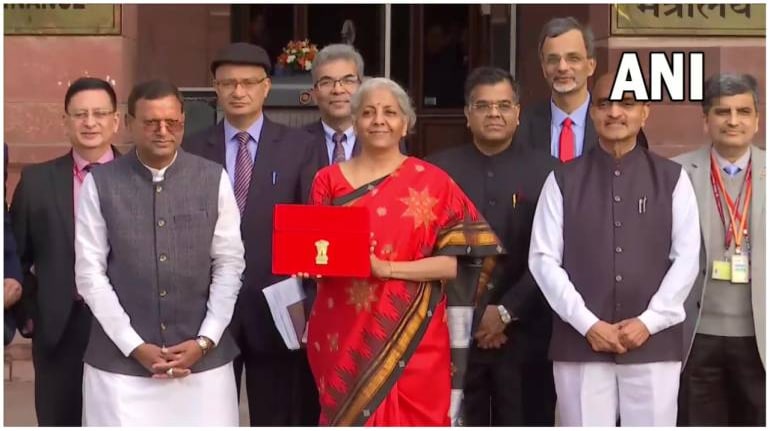



Although the February 1, 2024 Budget is an interim Budget and the National Democratic Alliance's (NDA-2) last before the April–May elections, a section of taxpayers is hoping for some income-tax benefits, given the inflation levels. Retail inflation number reported in November was 5.55 percent [year-on-year (YoY) change], up from 4.87 percent (YoY change), recorded a month before that.
The new income-tax regime has been one way to lower your tax burden by paying lower tax rates. Budget 2023 gave a lot of impetus to the new income-tax regime, the first major overhaul since it was introduced in February 2020. Many taxpayers have started giving the new tax regime a real chance, thanks to a host of sops announced to make it more attractive than the old one, which contains many exemptions.
Also read: Budget 2024: Filing tax returns now easier but capital gains tax rules continue to be a pain point
Given that a major effort was already made last year to make the new, minimal-exemption regime more appealing, can taxpayers expect another round of changes in Budget 2024?
Higher basic exemption limit to benefit all tax slabsNow, there is a case for the basic exemption limit to be raised both in the new and old tax regimes, in line with inflation.
“The basic exemption limit under the old and new regimes can be raised further by another Rs 50,000 to account for inflation. While the government has announced a host of changes in Budget 2023, I expect them to sweeten the deal for individual taxpayers ahead of elections, even though it is an interim Budget,” says Mumbai-based chartered accountant Chirag Chauhan.
Unlike the tax rebate (available on incomes up to Rs 5 lakh and Rs 7 lakh, respectively, under the old and new tax regimes), a hike in the basic exemption limit will reduce the tax liability across slabs.
Neutral budget for personal taxation?However, others feel it is unlikely that the government will tinker with the old regime, as it has set its sights solely on the new regime. “I believe the central government will not tweak the old tax regime, as they want to focus on attracting taxpayers to the new system,” says Bhavesh Shah, Senior Partner with Mumbai-based chartered accountancy firm Hasmukh Shah & Co. He does not expect any changes to the current rates, slabs, or exemption or rebate limits under either of the regimes.
Optima Money Managers founder Pankaj Mathpal concurs. “It is unlikely that the basic exemption limit under either of the regimes will be raised. And I expect no changes to the old tax regime,” he says.
Also read: Income-tax deductions on home loans made easy
New vs old tax regime: The home loan hitchLast year, the finance minister rejigged the new regime tax slabs and rates, introduced standard deduction of Rs 50,000 for salaried taxpayers and pensioners, as well as a tax rebate on incomes of up to Rs 7 lakh.
This prompted many to make the switch to the minimal-exemption regime for convenience, as it does away with the need to make tax-saving investments, furnish proofs, and maintain documents.
“We have seen a lot of youngsters — those under the age of 30 — switching to the new tax regime this year after Budget 2023 sweetened the deal with more liberal tax slabs and rates, a higher limit for tax rebate, besides the introduction of the standard deduction of Rs 50,000,” says Shah.
On the other hand, those with home loans are reluctant to make the shift. “More than the Section 80C deductions of up to Rs 1.5 lakh, the home loan interest deduction of Rs 2 lakh is the key barrier to making the switch to the new regime,” he says.
This is why Chauhan suggests extending the tax breaks on home loan interest and house rent allowance (HRA) to the new tax regime.
“There may be a case to allow deductions on health insurance premiums paid under the new regime as well, as the government wants to focus on health and healthcare,” adds Mathpal.
However, allowing such deductions in the new tax regime could defeat the very purpose of introducing the new tax regime: to do away with the hassle of extensive documentation, compliance and hurried tax planning during the last three months of a financial year.
Discover the latest Business News, Sensex, and Nifty updates. Obtain Personal Finance insights, tax queries, and expert opinions on Moneycontrol or download the Moneycontrol App to stay updated!
Find the best of Al News in one place, specially curated for you every weekend.
Stay on top of the latest tech trends and biggest startup news.